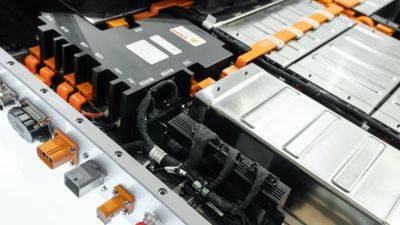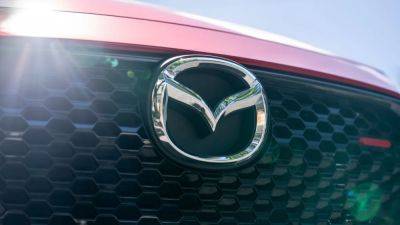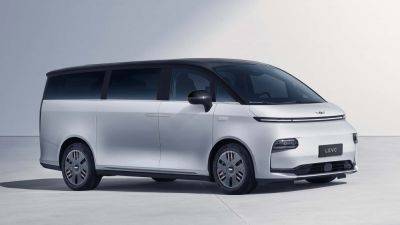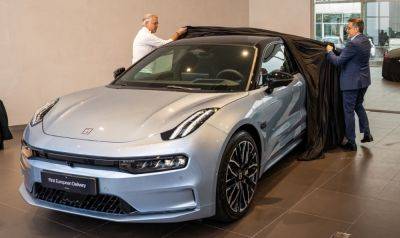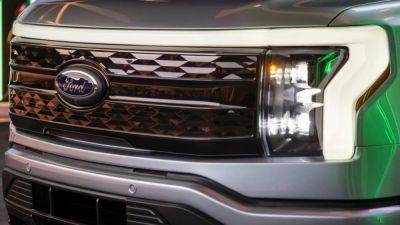US electric vehicle sales to hit record, but still lag behind China and Germany
Electric vehicle sales are expected to hit a record 9% of all passenger vehicles in the U.S. this year, according to Atlas Public Policy. That will be up from 7.3% of new car sales in 2022.
It will be the first time more than 1 million EVs are sold in the U.S. in one calendar year, probably reaching between 1.3 million and 1.4 million cars, the research firm predicts.
Although the numbers show significant progress for electrification, the nation is lagging behind countries like China, Germany and Norway.
EVs reached 33% of sales in China, 35% in Germany, and 90% in Norway for the first six months of 2023, according to a BloombergNEF EV outlook published in June. These figures include both battery electric vehicles and plug-in hybrid EVs.
In those countries, ambitious government zero-emissions targets, vehicle tax incentives and subsidies, and affordable options play a role in a consumer's decision to adopt a plug-in vehicle.
Several factors helped boost U.S. EV adoption this year, but in a word, prices have gone down.
Tesla, the current EV market leader, dropped the prices for its popular vehicles multiple times throughout the year. This forced other automakers to try to keep up. Car companies are also now offering greater incentives on their electric models, and dealers are discounting more deeply as EV supply builds up at dealerships.
The Inflation Reduction Act, which increased tax credits for qualifying new and used EV purchases, also helped bring EV costs down for buyers, by $3,750 or $7,500, depending on certain requirements.
Electric car battery costs are also falling as critical battery materials like lithium get less expensive, making the vehicles increasingly affordable, too.
But even as U.S. EV market share grows steadily, hurdles still stand in the way for some car buyers considering electric. Early EV buyers were largely higher-income, willing to try unfamiliar technology, and more likely to be able to charge their electric vehicles at home. The auto industry needs to address disparities with these factors as it targets the next wave of EV shoppers.
For many consumers, unreliable and inaccessible public charging infrastructure, as well as the increased



